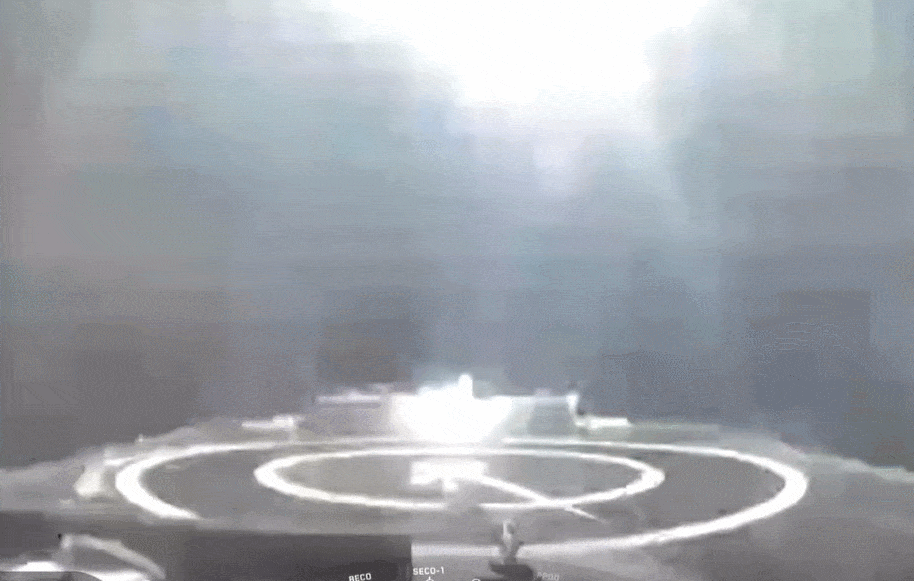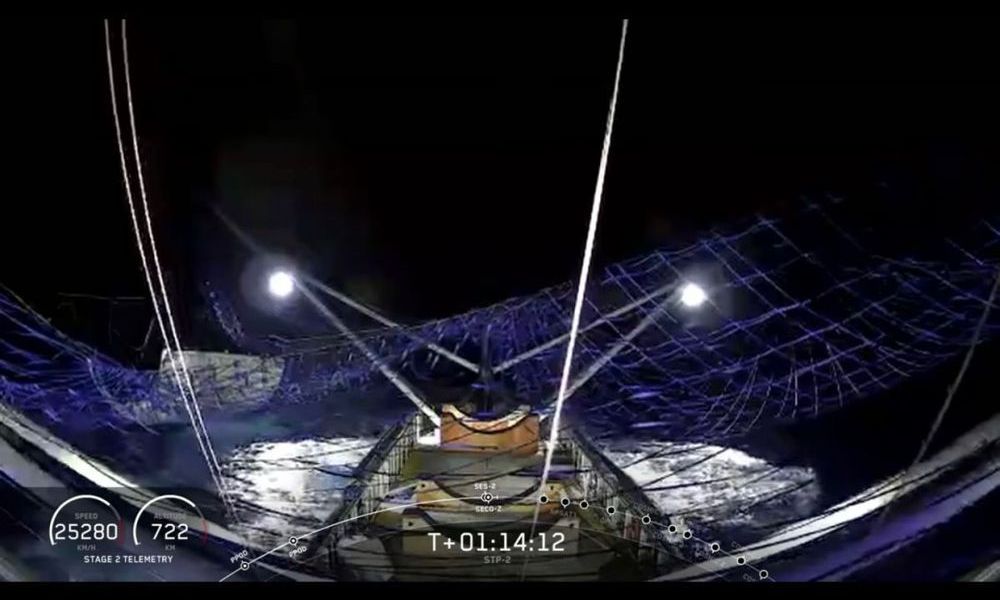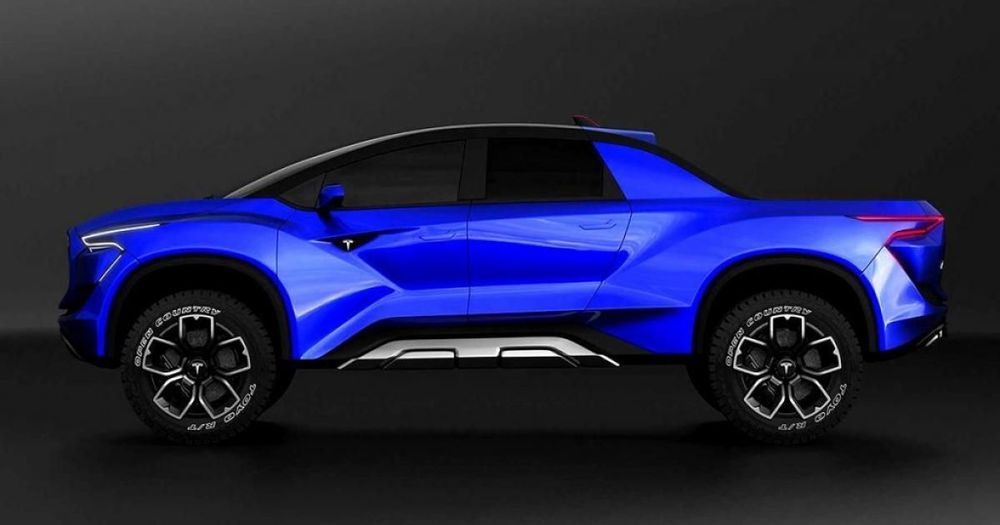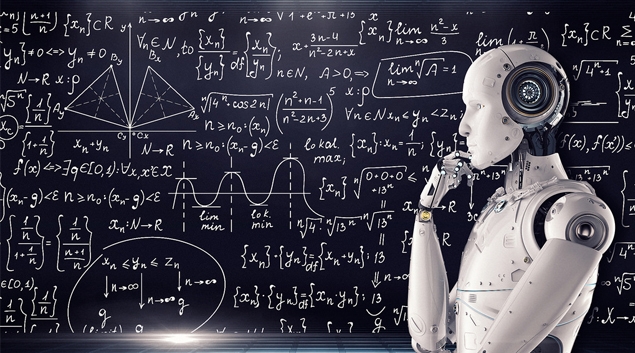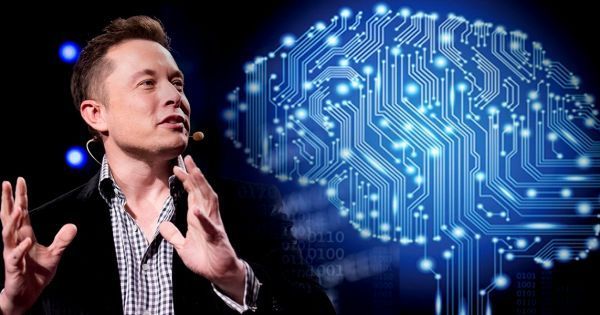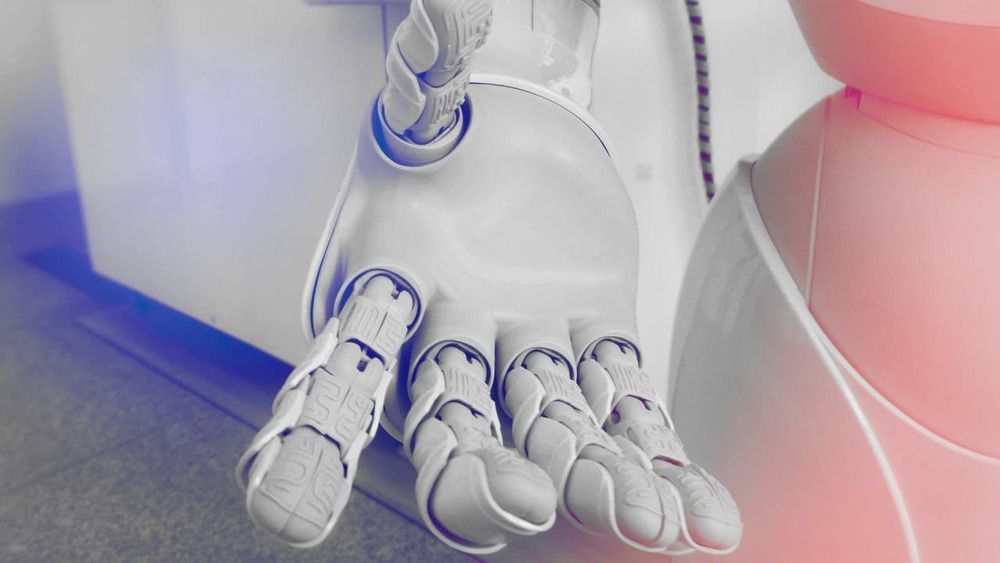Tesla and the electric cars they produce are renowned for their sleek design and high tech capabilities. There is currently a saloon car (Model S), a budget version (Model 3), an SUV (Model X) and of course, the famous Roadster model which was launched into space by Elon Musk himself. There’s also a mid-sized car which is planned to be released later this year — the model Y, which is in between an S and an X. So, what’s missing from this luxury vehicle line-up? A pickup truck, of course! Tesla’s got that covered as well!
The latest Tesla model that Elon Musk has revealed is an electric pickup truck. Currently, it’s just a rumor and there has been no leak of the design or any details about this truck. That said, there is no shortage of speculation and many people seem to have their own opinions on the appearance of the new Tesla truck. However, one thing that is known is Tesla’s are expensive. Not only the design but the interior and the technology they scream luxury and offer amazing comfort. They are arguably some of the best electric vehicles on the market today but costs can run upwards of $100,000 for the latest models.
So, as anyone would expect, the new pickup truck was predicted to cost in the region of high five-, maybe even low six-figures. However, the price range has been revealed and it’s shocked everyone — apart from the Model 3, this could be one of the cheapest Tesla cars ever produced.
